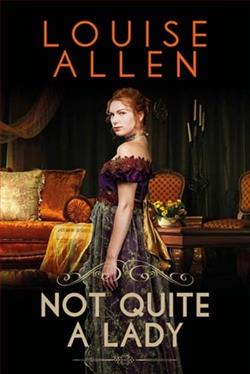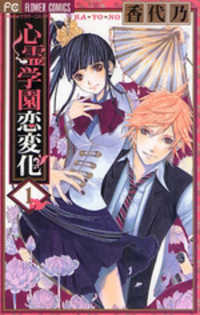Martial Peak Reviews
Louise Allen's Not Quite a Lady is a delightful foray into the world of Regency romance, where societal norms and personal desires often clash in the most intriguing ways. This novel, a revised version of its 2006 publication, offers a fresh take on the classic trope of love transcending social barriers. With its engaging characters and well-crafted narrative, it stands out as a compelling read for fans of historical romance.
At the heart of the story is Lily France, a character who defies the typical mold of a Regency-era heroine. She is rich, demanding, and unapologetically herself. Her wealth, derived from trade, places her in a peculiar position within society—she is affluent yet not quite accepted by the aristocracy. This duality makes her a fascinating character, as she navigates the complexities of her social standing with both ambition and vulnerability. Lily's desire to marry a titled gentleman is not just a personal aspiration but a reflection of her struggle for acceptance and legitimacy in a world that values lineage over merit.
Opposite Lily is Jack Lovell, an impoverished coal mine owner with a secret that adds depth to his character. Jack is the quintessential gentleman, not by birthright but by his actions and principles. His pride and integrity prevent him from using Lily's wealth as a means to solve his financial woes, which sets up a compelling internal conflict. Jack's character is a study in contrasts—he is both attracted to and wary of Lily, creating a tension that drives much of the narrative.
The chemistry between Lily and Jack is palpable, and Allen skillfully develops their relationship with a balance of wit and emotional depth. Their interactions are laced with humor and genuine affection, making their romance both believable and engaging. The progression of their relationship is a testament to Allen's ability to craft characters who are not only relatable but also capable of growth and change.
One of the novel's most striking themes is the exploration of social class and identity. Lily's quest to become a "lady" highlights the rigid class structures of the time and the lengths to which individuals would go to transcend them. Her journey is not just about acquiring a title but about finding her place in a society that often dismisses those who do not fit its narrow definitions. Similarly, Jack's reluctance to marry for money underscores the importance of personal integrity and the challenges faced by those who operate outside the traditional aristocratic framework.
Allen's portrayal of Regency society is both vivid and nuanced, capturing the era's elegance and its underlying tensions. The setting serves as more than just a backdrop; it is an integral part of the story, influencing the characters' decisions and interactions. The author's attention to detail in describing the period's fashion, decor, and social customs adds authenticity to the narrative, immersing readers in a world that is both familiar and foreign.
In comparison to other works in the genre, such as Julia Quinn's Bridgerton series or Georgette Heyer's novels, Not Quite a Lady holds its own with its unique blend of humor, romance, and social commentary. While Quinn's works often focus on the glittering balls and matchmaking schemes of the ton, Allen delves deeper into the societal implications of wealth and class, offering a more introspective take on the Regency romance. Similarly, while Heyer's novels are known for their wit and historical accuracy, Allen's story stands out for its character-driven narrative and emotional resonance.
Overall, Not Quite a Lady is a captivating read that will appeal to fans of historical romance and those interested in stories of love overcoming societal constraints. Louise Allen has crafted a novel that is both entertaining and thought-provoking, with characters who linger in the reader's mind long after the final page is turned. The book's exploration of identity, class, and love makes it a standout addition to the genre, offering a fresh perspective on the timeless themes of romance and self-discovery.
For readers seeking a story that combines the charm of the Regency era with a modern sensibility, Not Quite a Lady is a must-read. Its engaging characters, rich historical detail, and compelling narrative make it a novel that is sure to delight and inspire.
























Reviews 0
Post a Reviews: